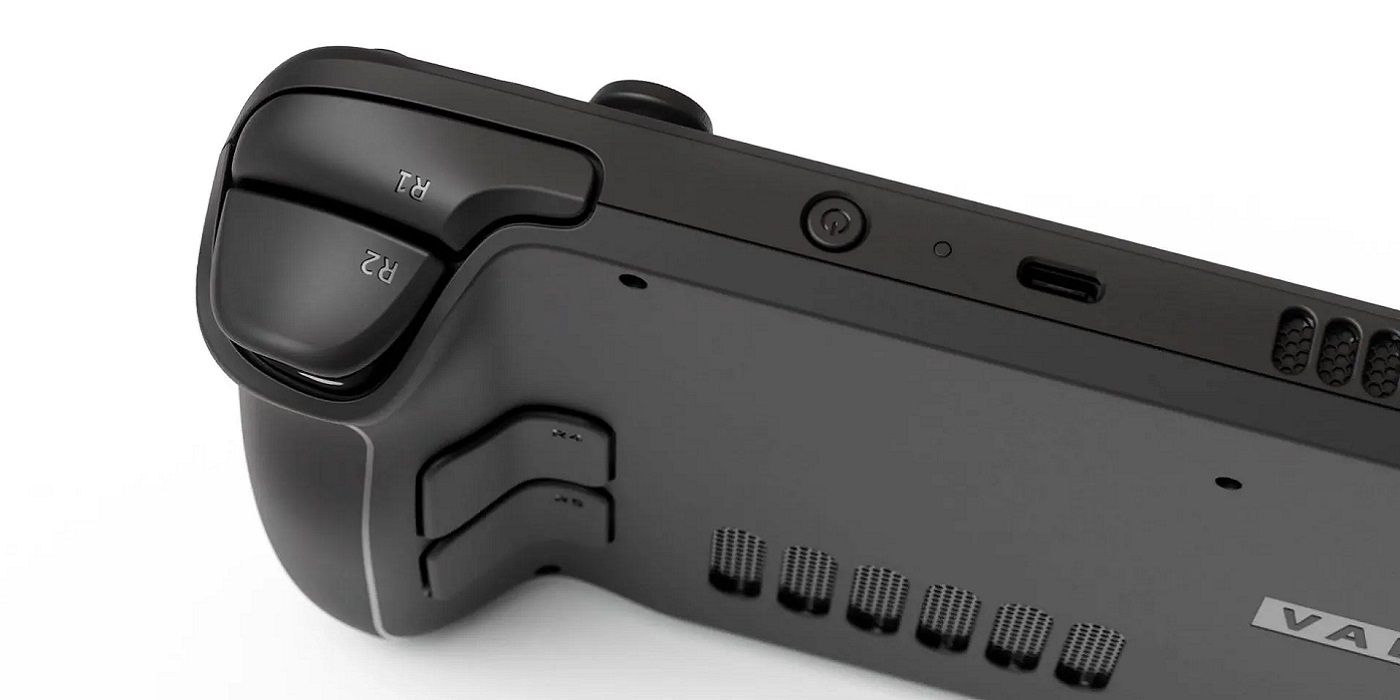The Steam Deck is one of the most talked about pieces of gaming hardware at the moment. It's easy to see why, given that it brings Steam gaming to the mobile market, with Valve confirming that the device is being aimed at gamers used to using a controller, not to mention it will fully support PC mods. One question that's on many people's lips is how long the battery is likely to last, given that it's a handheld gaming device designed for on the move. A spokesperson for the company was able to answer that question recently.
In an interview with IGN, Pierre-Loup Griffais, Lawrence Yang, and Greg Coomer spoke about some of the finer details of the Steam Deck. One of which was what was actually under the hood of the machine. On top of other topics, the question was asked about how long the battery is likely to last. Griffais was able to confidently say that players will be able to play for around two to eight hours, depending on what the user is doing.
Going into more detail, Griffais said that a game such as Portal 2 will yield around four hours of playtime, although if players limit it to 30 FPS, they will be able to get five to six hours out of the Deck. This is kind of keeping in line with the likes of the Nintendo Switch OLED which estimates between 4.5 and nine hours of uptime. As with any device that runs on battery, it really does depend on what people are doing with it. Playing more hardware-intense games, or perhaps watching videos, is likely to drain the battery quicker than doing lighter tasks.
The fact that the Steam Deck comes with an FPS limiter to increase battery life raises questions about how long it would last without it before needing a charge. This is an optional feature built into the device, which backs up what Griffais says in the IGN interview about how players can extend the battery life if they reduce down to 30 FPS.
Given this information, it seems as though the Deck may have a slightly weaker battery than the upcoming Switch OLED. However, given that Valve's handheld machine is much bigger than Nintendo's, it may be understandable as the former is likely to need more power given its much loftier design. It's useful information to have overall, but until gamers get their hands on it, the community won't know exactly how much life they can get out of it until it's in the public sphere.
The Steam Deck is being released this December.

